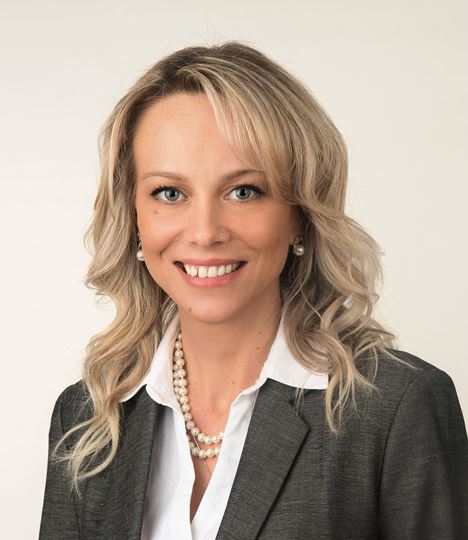 Every state bans the sale and use of illegal drugs and narcotics. However, Florida reserves its heaviest sentences for people accused of drug-related crimes inside designated “drug-free zones.” When someone is suspected of possessing, selling, or distributing a controlled substance inside a “drug-free zone,” they could face felony charges and years behind bars.
Every state bans the sale and use of illegal drugs and narcotics. However, Florida reserves its heaviest sentences for people accused of drug-related crimes inside designated “drug-free zones.” When someone is suspected of possessing, selling, or distributing a controlled substance inside a “drug-free zone,” they could face felony charges and years behind bars.
Drug-Free Zones in Florida
Florida lawmakers created “drug-free zones” to reduce drug use and drug-related criminal activities in areas of particular public interest. Most of these zones are places where children congregate. Today, Florida’s list of drug-free zones includes any space within 1,000 feet of a:
- Childcare facility
- Public and private elementary, middle, and high school
- Public and private university
- Park
- Community center
- Public recreation area
- Place of worship
- Assisted living facility
How Drug-Free Zones Work
Florida’s drug-free zone laws are used to impose harsher sentences for anyone accused of:
- Possessing an illegal drug with intent to sell
- Manufacturing an illegal drug
- Delivering an illegal drug
- Selling an illegal drug
- Distributing an illegal drug
Florida’s drug-free zone laws are not supposed to be used to enhance penalties for people suspected of simple possession. But in practice, prosecutors may still charge people possessing small quantities of illegal drugs with intent to sell.
Possession and Sale Penalties in Drug-Free Zones
Ordinarily, the possession, sale, or distribution of an illegal drug can be prosecuted as a first-degree misdemeanor, third-degree felony, or second-degree felony, with the severity of a charge dependent on the type and quantity of controlled substance recovered by law enforcement.
However, if a drug-related offense is committed within 1,000 feet of a drug-free zone, then the offense will be charged one degree higher than if it were committed outside of a drug-free zone.
For example:
- Someone who is charged with selling cocaine in a non-drug-free zone could be charged with a second-degree felony
- Someone who is charged with selling cocaine in a drug-free zone could be charged with a first-degree felony
|
Related Links: How are Misdemeanors and Felonies Different in Florida? Minors and Felony Charges in Florida Should I Still Contact a Florida Criminal Defense Attorney If I Believe That I’m Guilty? |

